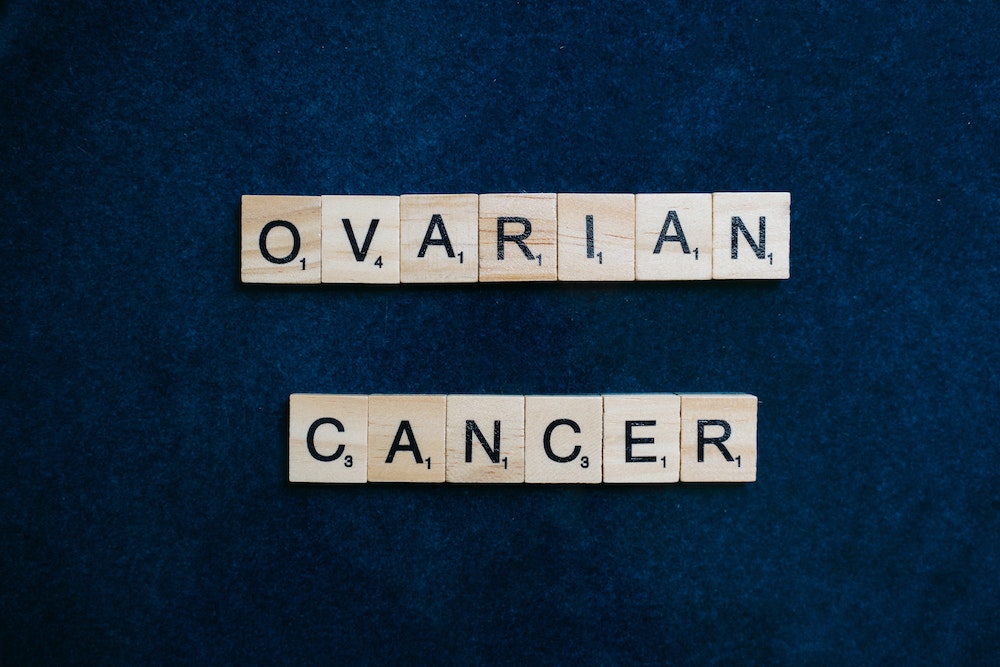
AOA Dx, a company developing blood-based diagnostics for early cancer detection, has demonstrated high accuracy in detecting ovarian cancer in symptomatic women using its AI-powered multi-omic platform, according to data presented at the 2025 American Association for Cancer Research Annual Meeting.
The study, conducted in collaboration with the University of Colorado Anschutz Medical Campus Ovarian Cancer Innovations Group and The University of Manchester, UK, analyzed approximately 1,000 patient samples representing real-world clinical populations.
“Our platform detects ovarian cancer at early stages and with greater accuracy than current tools,” said Oriana Papin-Zoghbi, CEO and Co-Founder of AOA Dx. “These findings show its potential to aid clinicians in making faster, more informed decisions for women who need clarity during a challenging diagnostic process.”
In the first cohort used for model training, the platform achieved an area under the curve (AUC) of 93% when distinguishing all stages of ovarian cancer from controls, and 92% for early-stage disease. In the second cohort, which served as an independent testing set with prospectively collected symptomatic samples, the model maintained performance with an AUC of 92% for ovarian cancer and 89% for early-stage disease.
“By using machine learning to combine multiple biomarker types, we’ve developed a diagnostic tool that detects ovarian cancer across the molecular complexity of the disease in sub-types and stages,” said Dr. Abigail McElhinny, Chief Science Officer of AOA Dx. “This platform offers a clear path toward earlier detection and better patient outcomes.”
The platform integrates lipid, ganglioside, and protein biomarkers from blood samples using liquid chromatography mass spectrometry and immunoassays. According to the company, machine learning algorithms analyze these datasets to identify disease-specific signatures that outperform models using single biomarker types.
Ovarian cancer is the fifth leading cause of cancer-related deaths among women, with over 90% of women experiencing symptoms in Stage I, yet only 20% of cases are diagnosed in early stages. Current diagnostic methods often rely on invasive procedures or less specific markers that frequently fail to identify early-stage disease.
Professor Emma Crosbie from The University of Manchester and Honorary Consultant in Gynecological Oncology at Manchester University NHS Foundation Trust, noted: “AOA Dx’s platform shows significant promise for ovarian cancer early detection, offering a practical solution for symptomatic women.”
The company plans to conduct additional prospective trials to further validate the platform’s potential integration into existing healthcare systems.



